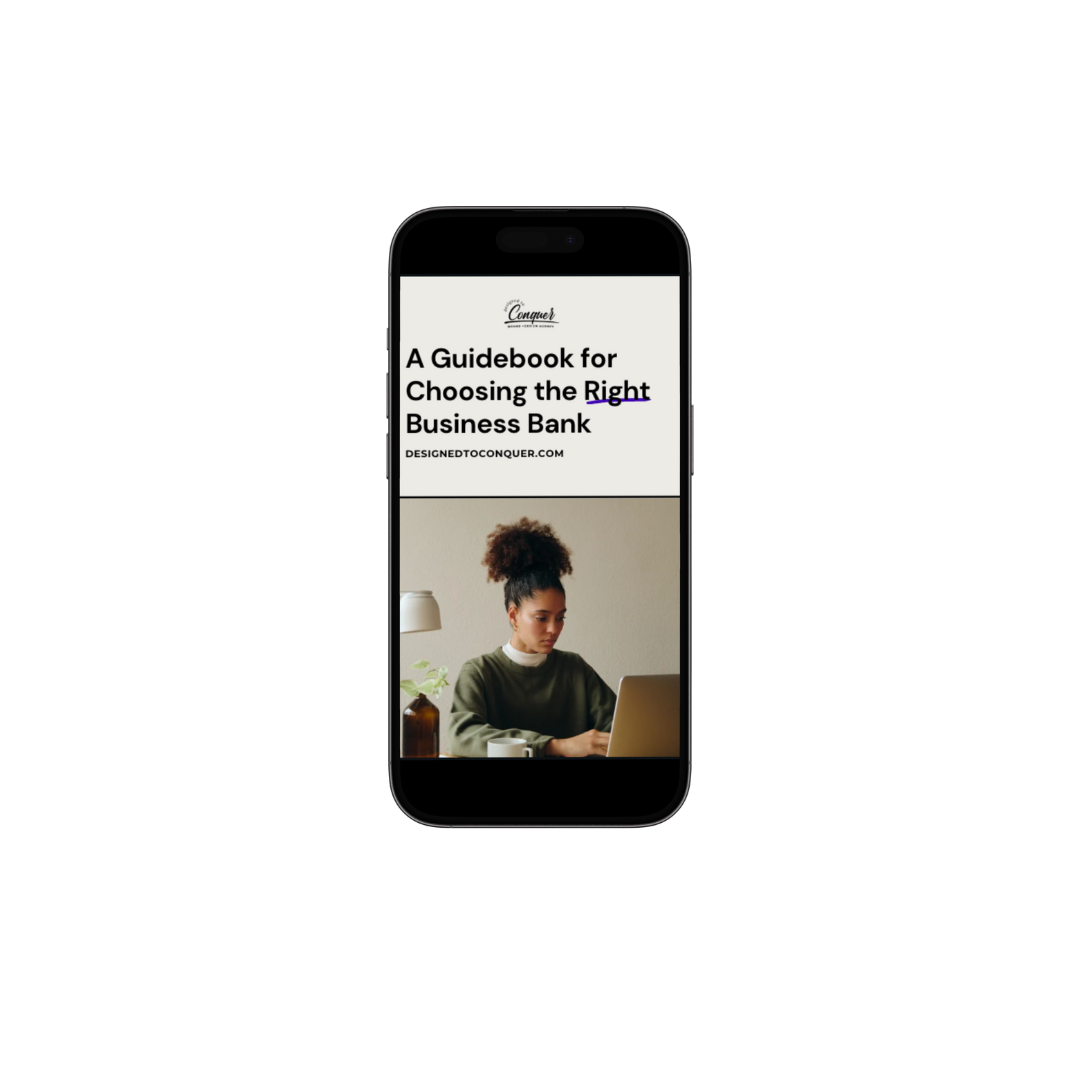
How to Track Your Expenses and Save Money
Tips and trick to help you start making improvements to your expense tracking to enhance your savings.
7/16/20232 min read
How to Track Your Expenses and Save Money
A budget is a key tool for managing your finances and achieving your financial goals. In this blog post, we'll discuss the importance of budgeting, how to track your expenses, and tips for saving money.
Why is budgeting important?
Budgeting is important because it can help you prioritize your spending, reduce debt, and save money for the things that matter most to you. It also helps you stay on top of your finances and avoid overspending. With a budget, you can track your income and expenses, and make informed decisions about how to allocate your resources.
How to track your expenses
Tracking your expenses is an essential part of budgeting. To get started, gather all of your financial statements, including bank statements, credit card statements, and bills. Next, categorize your expenses into fixed expenses (such as rent or mortgage payments) and variable expenses (such as groceries, entertainment, and clothing). Then, calculate the total amount you spend in each category.
Once you have a clear picture of your spending, you can start to identify areas where you can cut back. Look for opportunities to reduce your variable expenses by finding cheaper alternatives or cutting out non-essential purchases. You can also negotiate bills, such as your cable or phone bill, to try to get a better deal.
Tips for saving money
Once you have a budget and have identified areas where you can cut back, you can start saving money. Here are some tips to help you get started:
Set savings goals: Determine how much you want to save each month, and set a specific goal for what you want to save for, such as a down payment on a house or a vacation.
Automate your savings: Set up automatic transfers from your checking account to your savings account each month. This way, you'll be consistently contributing to your savings without having to think about it.
Use coupons and discount codes: Look for coupons and discount codes when shopping online or in stores. You can also use cashback apps to earn money back on purchases.
Shop around for better deals: When making a purchase, compare prices from different retailers to find the best deal. You can also negotiate prices or ask for a price match.
Long Story Short
Creating a budget and tracking your expenses can help you save money, reduce debt, and achieve your financial goals. By prioritizing your spending and cutting back on non-essential expenses, you can free up money to save for the things that matter most to you.
Explore five traditional banks and five online-only banks that offer small business banking services, along with their account requirements and links to their sites.


In this checklist you'll find:
Related Blogs
©2026 Designed To Conquer LLC Terms & Conditions FAQ
Designed To Conquer LLC is a NYS MBE Certified Creative Tech. Studio.
STUDIO HOURS
Monday: 10am-6pm
Tuesday:10am-6pm
Wednesday:10am-6pm
Thursday:10am-6pm
Friday:10am-6pm
Instantly access our library of free coaching business resources!





